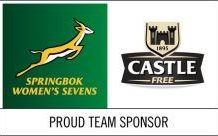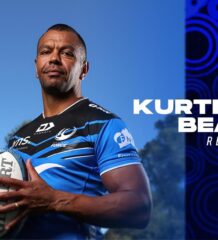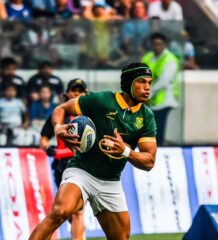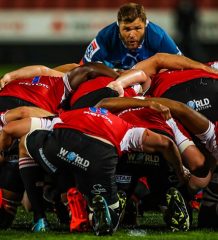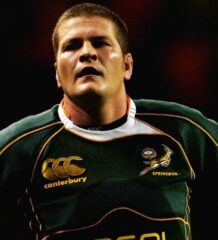Super Rugby expansion on the cards?
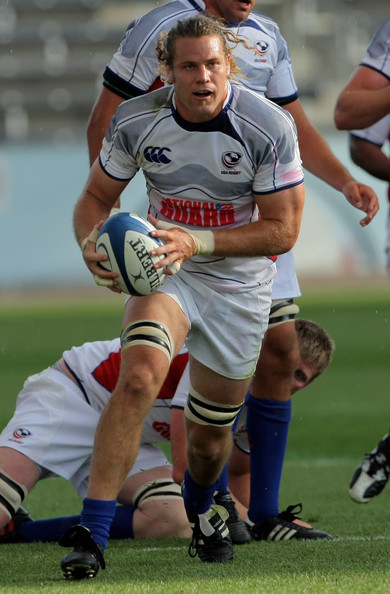
Todd Clever of the USA Eagles. He previously played Super Rugby for the MTN Lions. Photo by Getty Images.
SANZAR boss Greg Peters has welcomed the International Rugby Board’s decision to shake up the Pacific Nations Cup this year by bringing in Canada and the US, nations on the shortlist for an expanded Super Rugby competition in 2016.
The three SANZAR nations, South Africa, New Zealand and Australia, will decide later this year whether to effectively go global with Super Rugby when the next broadcast deal starts in 2016, with North America, Japan and Argentina all under investigation at present.
“We are considering whether or not we will include new territories in Super Rugby and one of the factors we’ll be weighing up is their competitiveness,” Peters told The Australian yesterday.
“Super Rugby in its present form is a pretty successful model … and we are not going to water it down. But we’d be derelict in our duty if we didn’t consider expanding into areas. The United States is a very big market and so is Japan and Asia generally. Ultimately it all comes down to what is in the best interests of the three SANZAR parties.”
Super Rugby already involves more travel than any other regular sporting contest in the world and Peters acknowledged that adding destinations in Asia and North and South America would not be done lightly.
“Player welfare is a big consideration. That said, the conference system does provide us with a degree of flexibility, either in terms of adding new conferences or adding new teams to existing conferences.”
The IRB’s timing in bringing in the US and Canada to permanently join Japan, Fiji and Tonga in the Pacific Nations Cup could hardly be better from SANZAR’s perspective because it will give the organisation a guide to their prospects of being competitive in Super Rugby.
Both North American countries put together respectable World Cup campaigns in 2011, with Canada beating Tonga and drawing with Japan, while the US beat Russia while holding Six Nations sides Ireland and Italy to 22-10 and 27-10 respectively. But until their admission to the Pacific Nations Cup, their only regular international competition was the Churchill Cup, in which they were pitted against each other and England Saxons, effectively England’s B team.
Meanwhile, Super Rugby will join in a worldwide experiment this season that will allow the TV match official to go back two phases in determining whether a try has been scored.
Until now, the TMO has only been able to rule on the grounding of the ball, which meant, in a couple of instances last season, he was obliged to confirm a try even though it was blatantly obvious there had been a knock-on or forward pass in the build-up.
Peters said only such glaring infringements, or instances of foul play, would be acceptable grounds for disallowing a try. Subjective calls such as whether the tackler had released the ball-carrier quickly enough or whether the tackled player had played the ball correctly would be up to the match referee.
The referee also will be permitted this season to consult the TMO to identify a player guilty of dangerous play.
There were two glaring incidents last year, one involving Reds lock Rob Simmons, the other All Blacks hooker Andrew Hore, where players who otherwise would have been sent off for a dangerous tackle were allowed to remain on the field because the referee and match officials were not absolutely certain of the culprit’s identity.
The TMO does not even have to wait for the referee to request assistance and can inform him of incidents of foul play if he deems it appropriate.
– Via The Australian
Related Posts
« SA Women change two for Houston Sevens Hodgson to lead the Force »


